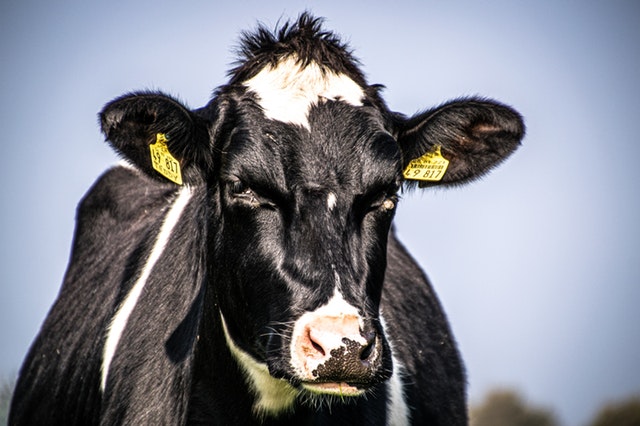Processors will still be allowed to cut contracted farmgate milk prices, under the new mandatory dairy code.
But a new series of exceptional circumstances have been set, all of which must be met, before a processor is allowed to cut the farmgate price.
The code states milk supply agreements “must allow the processor to unilaterally vary the agreement in exceptional circumstances”.
But clause 28 of the code defines exceptional circumstances as an event that is temporary and must meet all of the following criteria:
INVOLVES an extraordinary event (including an emergency or change in market conditions)
OCCURS outside of Australia; and
HAS a highly significant effect on supply, demand or costs in the dairy industry; and
IS not caused by decisions made by processors.
The code goes on to give examples, such as a foreign country unexpectedly restricts the importation of Australian dairy products or there is a trade shock involving one of Australia’s major trading partners.
Federal Agriculture Minister Bridget McKenzie said the final code was different from the draft that was consulted on and is now a stronger, clearer document that delivers the protections it should for dairy farmers.
“In line with feedback received from dairy farmers, the code prohibits retrospective pricing step downs,” she said.
“It also prevents unilateral changes except in a narrowly defined set of emergency circumstances; it stops processors withholding loyalty payments from farmers who are changing processor; and it prohibits exclusive supply arrangements where other conditions would be to the detriment of dairy farmers.
“It also establishes a dispute resolution process, increases the powers of the Australian Competition and Consumer Commission in the space and introduces civil penalties.”
Senator McKenzie said that while the code was an important step forward for our dairy farmers in protecting their interests, it will not be a silver bullet for all the difficulties they are facing.
“Our dairy farmers are under real and sustained pressure because of the drought, high input costs for electricity, fodder and water, and a power imbalance in negotiating a fair farmgate price from processors,” she said.
Australian Dairy Farmers chief executive David Inall said the final code of conduct provided important protections for farmers when negotiating milk supply agreements with their processors.
“While the mandatory code will not be responsible for setting the farmgate milk price, it will go some way to improving the bargaining power of farmers and professionalising contract management in the industry,” Mr Inall said.
Apart from restricting processors from making unilateral changes to milk supply agreements, other than under exceptional circumstances, the code also:
BANS retrospective step-downs.
SETS a cooling-off period of 14 days.
DEMANDS processors publicly release a Standard Form Agreement on June 1 each year, covering the terms of milk supply and a price (or prices) that cover the terms of the agreement.
BANS exclusive supply arrangements between processors and farmers in combination with either two-tier pricing (where the second tier is less) or volumetric limits by processors.
BANS processors from withholding loyalty payments to farmers if a farmer switches processors.
INTRODUCES a dispute resolution process for matters arising under or in connection with agreements.
MAKES civil penalties available for certain provisions imposing obligations on parties to an agreement to allow the competition watchdog to issue infringement notices.
This article was originally sourced from https://www.weeklytimesnow.com.au/



